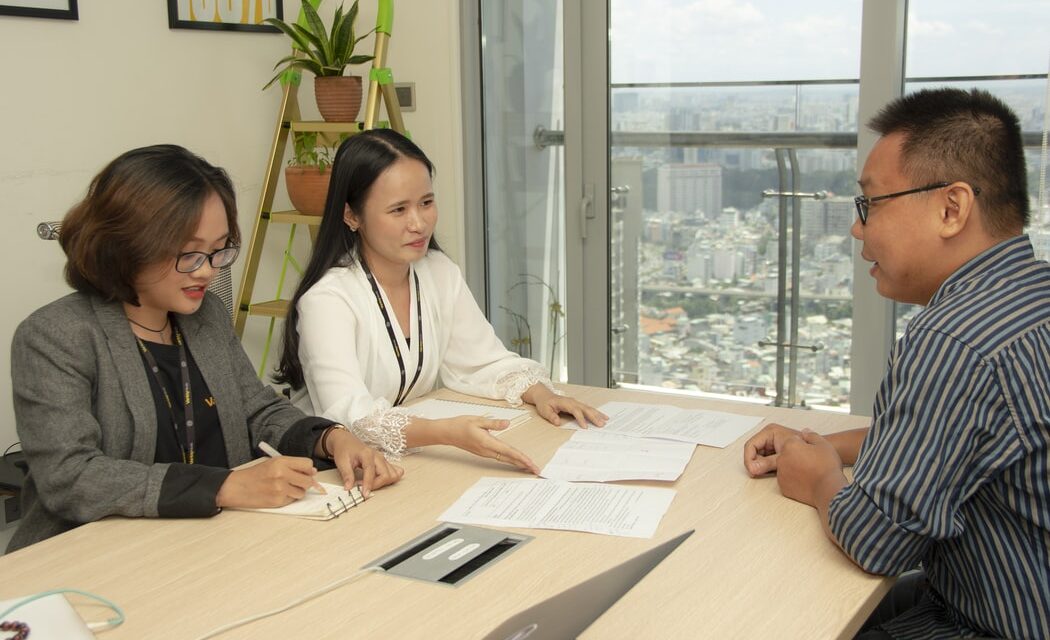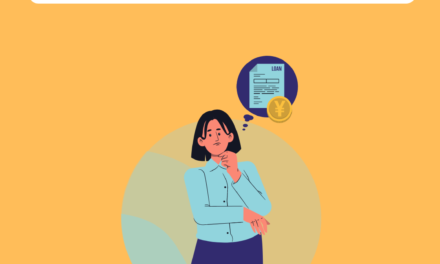It’s no secret that many young graduates are searching for jobs in the current environment. Any many are undergoing interviews. Some who are lucky get their job offers immediately, and some get many rejections.
I received this tip from my university’s career counselor twenty years ago. It had helped me a lot in my career. I hope it will help you too. Following was her advice.
When the interviewer asks you “Tell me something about yourself”
Instead of responding:
“Hi my name is XXX. I’m the youngest of three brothers. I studied in XXX university. My dad is a businessman and my mom is an accountant. My eldest brother is an engineer and my second brother is into advertising. My brothers and I – we are really close and we do everything together. I live in Ampang, and I went to a school in Cheras. I love traveling and photography. I have traveled to Indonesia and Thailand, and I hope to travel to Korea one day. I love the Korean culture and I’m hoping one day I can live in Korea”
Try to frame the answer in the following manner;
“Hi firstly thank you for inviting me to this interview. My name is XXX. I studied accountancy in XXX university, where I was awarded a CGPA of XXX. I was also an active member in my university’s Finance Club. Last year I helped to organise an important event where we brought a number of corporates to meet our members and share some career insights. I’m also passionate about the environment. Last year I helped to coordinate a fundraising event, which went towards an environmental initiative. We raised 10k from that exercise and I’m extremely proud of it. If you want to know more about my specific involvement in those activities I’m happy to talk you through it”
Now technically speaking both responses are actually valid, as the question is open-ended. But the first example is a literal and personal response to a probing question, whereas the second example is a strategic response aimed at highlighting your achievements and competencies to the interviewer.
So you then apply the same principle to every single question that comes your way. Understand what exactly the interviewer is trying to discover about yourself. Align your responses in the context of the value you will bring to the organisation. And be honest and forthcoming about your weaknesses, and how you intend to overcome them in the future.
Now as a simple caveat, I do understand that when it comes to interviews there is actually no one-fits-all approach. It’s highly dependent on the nature of job that you are applying, and also the value perspectives undertaken by the interviewers. However I really hope this personal insight will help you in your journey, and I wish you all the best!
This article was found at https://www.linkedin.com/posts/nik-shahrizal-0b64ab14_interviews-activity-6726687764345159680-AWN1
Read more other articles in the same category here.






Recent Comments